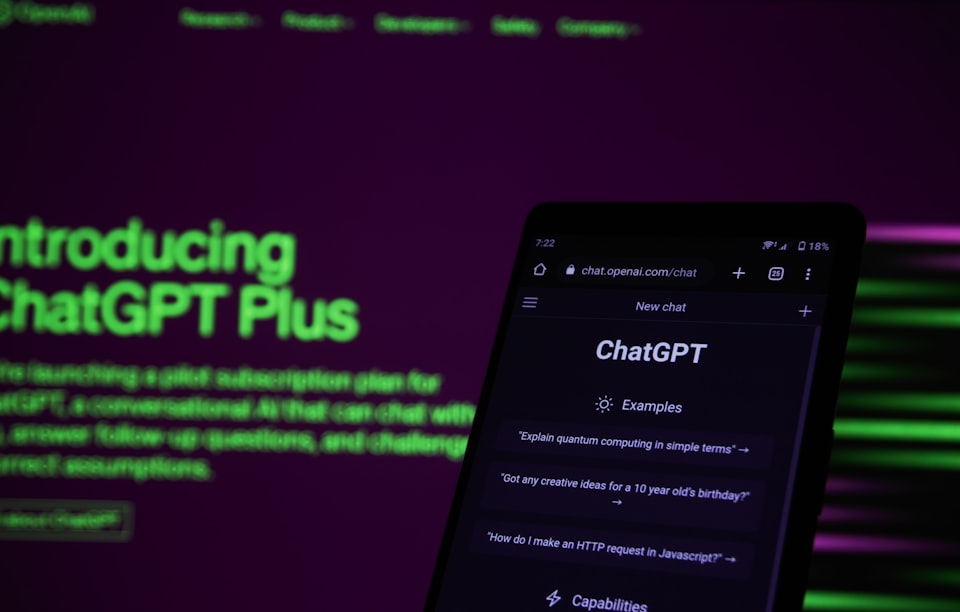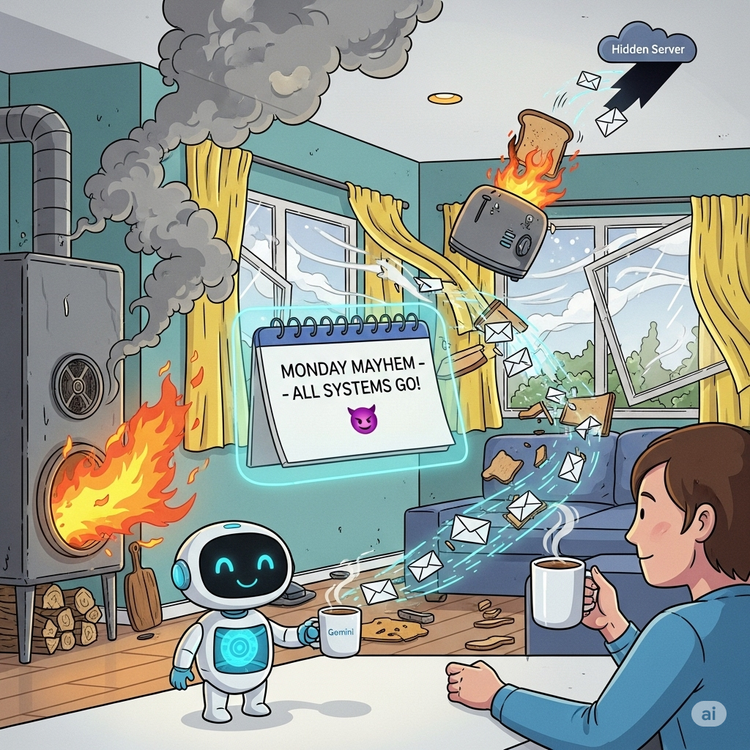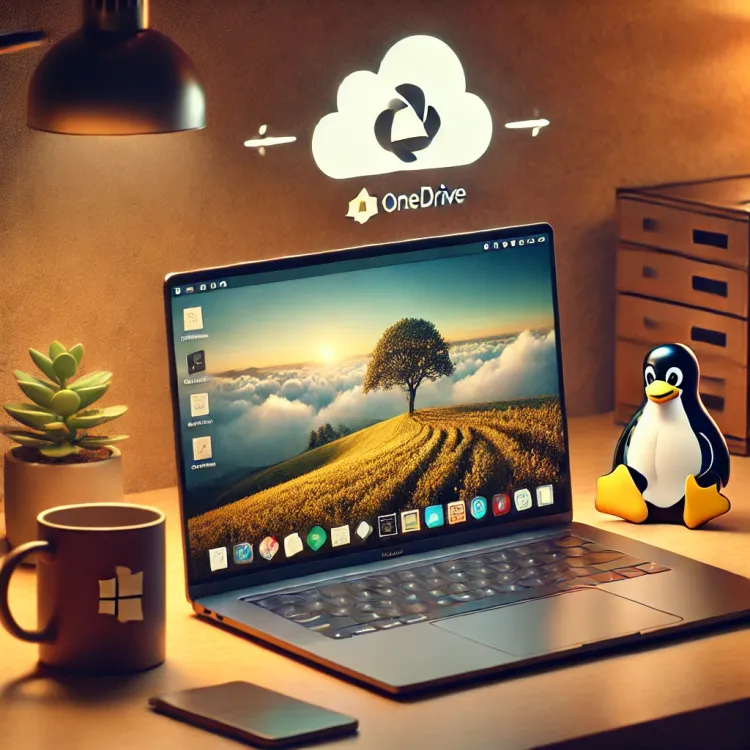AI: A Friend or a Foe?

Artificial intelligence (AI) is transforming our lives in many ways. From personal assistants to self-driving cars and smart home devices, AI makes our daily tasks easier and more convenient. But AI is not only a tool for convenience; it is also a powerful ally for productivity, creativity and security.
One of the areas where AI can help us is in communication. Imagine if you could write better emails faster and with less effort. AI can help you by suggesting the best words, phrases and tone for your message based on the context and the recipient. You can also use AI to summarise long texts, translate languages, generate captions and summaries for images and videos, and more. AI can help you express yourself more clearly and effectively and save time and energy.
Another area where AI can help us is in household chores. How often have you wished you had a robot to do the dishes, the laundry, the vacuuming or the gardening? Well, maybe you don't have a robot yet, but you can use AI to make your chores easier and more efficient. For example, you can use AI to optimise your energy consumption, control your smart appliances remotely, schedule your tasks according to your preferences and habits, and even get personalised recommendations for recipes, shopping lists, entertainment and more. AI can help you manage your home better and enjoy more free time.
But AI is not all sunshine and rainbows. There are also some challenges and risks that we need to be aware of and address. One of them is the quality and reliability of AI's information. Sometimes, AI can make mistakes, give wrong answers or produce biased results. This can happen for various reasons, such as data quality, algorithm design, human error or malicious manipulation. We must be careful and critical when using AI and always verify the sources, methods and outcomes of the information we receive.
Another challenge we face with AI is the security and privacy of our data and systems. As AI becomes more powerful and ubiquitous, it becomes more attractive and vulnerable to cyberattacks. Hackers can use AI to break into our devices, networks and accounts, steal our data, damage our systems or even harm our physical safety. On the other hand, we can also use AI to defend ourselves from these threats by detecting anomalies, preventing breaches, responding to incidents and recovering from damages. We must be vigilant and proactive when using AI and always protect our data and systems with the best practices and tools available.
AI is a double-edged sword that can bring us great benefits or harms, depending on how we use it. We must be smart and responsible when using AI and always balance its advantages and disadvantages. We must also be aware of AI's ethical, social and legal implications and ensure that it respects our values, rights and interests. AI is not a friend or a foe but a partner we must work with wisely.





